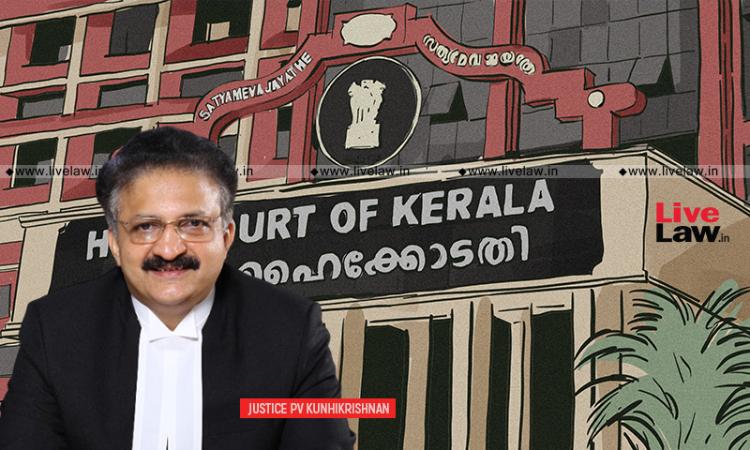'Basic Wages' For EPF Contribution Includes 'Interim Wages' Paid As Per Wage Board Direction: Kerala High Court
Navya Benny
5 Nov 2022 12:46 PM IST

Next Story
5 Nov 2022 12:46 PM IST
The Kerala High Court on Wednesday said that 20% wages that had been paid to workers by the employer as 'interim relief' at the direction of government constituted Wage Board would come within the ambit of 'basic wages' for contributions under the Employees' Provident Funds and Miscellaneous Provisions Act, 1952. Justice P.V. Kunhikrishnan said that such 'interim relief' would not fall within...
